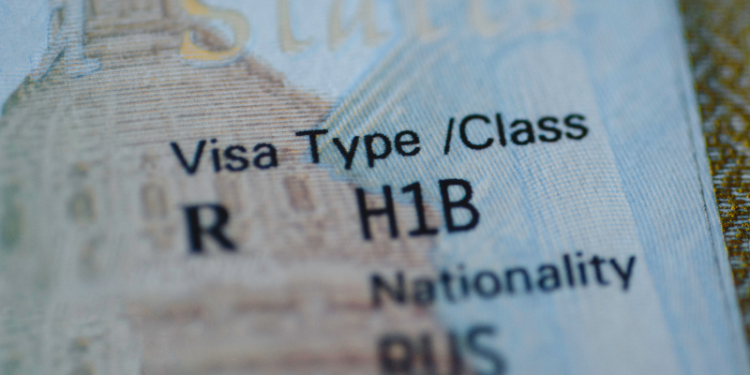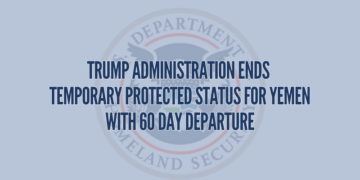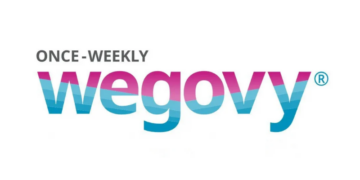The H-1B visa program has recently become the center of a heated national debate, with tech leaders like Elon Musk advocating for its expansion, while political figures such as Steve Bannon and Bernie Sanders criticize its impact on American workers. The controversy highlights differing views on the role of immigration in filling skilled labor gaps and its effects on domestic employment.
The Role of H-1B Visas in the U.S. Workforce
Established in 1990, the H-1B visa program allows U.S. companies to hire foreign workers in specialized fields such as technology, engineering, and healthcare. The program is capped at 85,000 new visas annually, with an additional 20,000 reserved for advanced-degree holders from U.S. institutions. In 2024, 386,000 H-1B visas were approved, including extensions, with most recipients coming from India and China. Advocates claim the program addresses skill shortages in critical sectors, but critics argue it depresses wages and displaces American workers. In 2023, the median wage for H-1B workers was $118,000, slightly above the national median for similar roles.
Elon Musk’s Defense of the Program
Elon Musk, himself a former H-1B visa holder, has championed the program as essential for maintaining U.S. competitiveness in global markets. Tesla, one of Musk’s companies, ranked 16thin H-1B visa use in 2024, with 742 new petitions approved. Musk argues that visas enable U.S. firms to hire the “top 0.1%” of global talent, which is critical for innovation in industries like artificial intelligence and renewable energy. Musk recently stated on his platform, X, “I’m in America, along with many critical people who built SpaceX and Tesla, because of H-1B visas.” He has positioned the program as a lifeline for companies seeking to fill skill gaps unmet by the U.S. education system.
Tech giants such as Amazon, Google, and Meta are among the largest users of H-1B visas. Amazon topped the 2024 list with 3,871 new approvals, followed by Cognizant, Infosys, and Tata Consultancy Services. These companies claim that the program sustains innovation and economic growth, but detractors question whether it prioritizes profit over patriotism.
Steve Bannon’s Criticism of Tech Giants
Steve Bannon, former White House strategist and a prominent America First advocate, has been a vocal critic of the H-1B visa program. He accuses tech leaders like Musk of undermining American workers by outsourcing high-paying jobs to foreign nationals. On his podcast, Bannon stated, “They’re gutting the middle class,” and called for a complete moratorium on immigration until domestic employment challenges are addressed. Bannon views the H-1B program as emblematic of corporate greed, arguing it prioritizes profits over the well-being of American families. He has proposed stricter regulations and increased penalties for companies that misuse the program.
Bannon’s criticism extends to the broader immigration policy, which he believes has eroded the economic stability of the middle class. His America First stance emphasizes a return to domestic labor solutions, advocating for apprenticeship programs and investments in American education.
Bernie Sanders’ Call for Overhaul
Senator Bernie Sanders has joined the criticism of the H-1B program, calling for comprehensive reforms to address what he terms “corporate exploitation.” In a recent statement, Sanders argued, “The main function of the H-1B visa program is not to hire ‘the best and the brightest,’ but to replace good-paying American jobs with low-wage indentured servants.” He highlighted data showing that many companies employing H-1B workers simultaneously laid off thousands of American employees.
Sanders proposed several reforms, including raising the minimum wage for H-1B workers to prevent wage undercutting, making it easier for visa holders to switch jobs, and requiring companies to exhaust domestic hiring options before recruiting overseas. He also called for increased visa fees to fund scholarships and job training for American workers. Sanders emphasized that the U.S. should prioritize investing in its workforce through education and apprenticeships, ensuring long-term economic competitiveness.
The Complex Landscape of Corporate Reliance
Major corporations rely heavily on the H-1B program to sustain operations. Companies like Amazon, Google, and IBM argue that the visas allow them to maintain a competitive edge in a globalized economy. However, critics point to instances where H-1B workers were employed in roles that did not require specialized skills, such as material planning or account management, undermining the program’s intent.
The tech sector is not the only industry utilizing H-1B visas. Fields like healthcare and education also benefit, raising questions about how reforms could balance the needs of various sectors. While the Biden administration has maintained high approval rates for H-1B visas, calls for reform from both sides of the aisle suggest a growing consensus that the program needs restructuring.
Balancing Innovation and Worker Protection
The debate over H-1B visas underscores broader issues in U.S. labor and immigration policy. Advocates for reform stress the importance of balancing the need for global talent with protections for domestic workers. Proposals include implementing transparency measures in hiring practices, increasing oversight to prevent abuse, and aligning wages with market rates. Critics argue that without these changes, the program risks undermining its legitimacy and effectiveness.
As Musk, Bannon, and Sanders continue to clash over the program’s merits, the future of H-1B visas remains uncertain. The challenge lies in crafting policies that address both economic imperatives and social equity. The outcome of this debate will have lasting implications for the U.S. workforce, economy, and global leadership.










